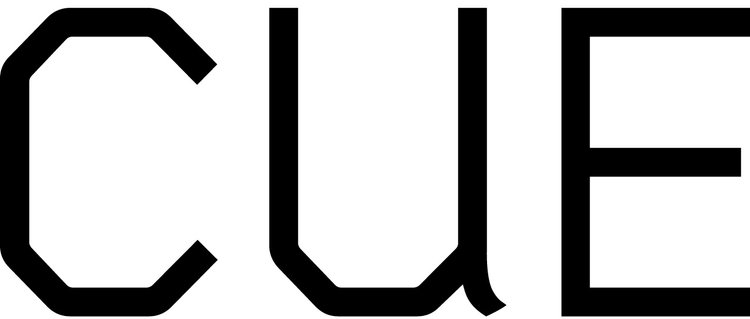If It's Not Work, It Must be PLAY: Discussions on the state of work in the arts
Are creative laborers compensated fairly? What are the broader implications of undervaluing labor in the arts? CUE Art Foundation hosts a series of experts—including labor economists, urban planners, activists, and financial consultants—to analyze and respond to the current conditions of work in the arts.
This series is presented by CUE as a part of Meeting Artists' Needs, and is produced by our inaugural Public Programming fellow, Cevan Castle.
Listen to recordings of these talks HERE.
PRESS
+ Huffington Post, "The Work of Artists Is Not Play," Marcia G. Yerman
+ In Terms Of, "Paying Artists, from MoMA to Momenta Art," Christopher Howard
I. Economists on Under-compensation of Labor in the Arts
December 5, 2014. 6:30 - 9pm
Cost: Free, though tickets are required.
Feminist Labor Economists Deborah M. Figart, Ellen Mutari, and Catherine Mulder discuss the undervaluation of work in the arts and humanities, what you should know about changing the labor market, and its implications for artists and society.
II. W.A.G.E.: How Creative Labor Should Be Compensated
December 11, 2014. 6:30 - 9pm
Cost: Free, though tickets are required.
New York based activists, Working Artists and the Greater Economy (W.A.G.E.), will explain their research and advocacy regarding artists and earnings, minimum payment standards for creative labor, and certification for institutions that fairly compensate labor.
III. The Artists Financial Support Group Speaks Openly about Money and Debt
January 30, 2015. 6.30 - 8pm
Cost: Free, though tickets are required.
New York based advocacy and support group hosts, The Artists Financial Support Group, will share their mission to strengthen the financial circumstances of the creative community, through financial self-advocacy, change in the cost of artist education, and innovative ways to manage student loan debt and to budget on an erratic income.
IV. Artists and Gentrification: Community Development Experts On Improving Neighborhood Stability
March 6, 2015. 6.30 - 8pm
Cost: Free, though tickets are required.
Do our communities also bear the negative effects of under-compensated creative labor? Artists famously move residences and work space in response to the availability of low-cost space, often subsidized by development schemes. Tom Angotti of Hunter College Center for Community Planning and Development, Rosanne Haggerty of Community Solutions, and Paul Parkhill of Spaceworks discuss strategies towards long term creative space and community stability.
V. The Artist Studio Affordability Project: Can artists afford to stay in NYC?
June 2nd, 2015. 6:30 - 8:30pm
Cost: Free, though tickets are required.
New York has long been a center for art and cultural activity of international and historic significance. As NYC residents and independent businesses are pushed out of neighborhoods by rising rents, the art community is quickly losing access to work space and the infrastructure needed for production and the transfer of ideas. Can New York City remain a hub for artists and creative businesses? Are there measures that can be taken to protect neighborhoods from displacement? The Artist Studio Affordability Project will discuss their activism and ways that artists can strengthen their claim to space in New York.
VI. Is it work or is it play? Christian Madsbjerg on the business problem of being an artist
June 30th, 2015. 6.30 - 8.30pm
Cost: Free, though tickets are required.
CUE Art Foundation welcomes author, business analyst and ReD Associates partner Christian Madsbjerg for the final event in the 2014-15 series, If it's not work it must be play: discussions on the state of work in the arts. Famous for their strategy work with companies such as LEGO, Intel, Samsung, and Adidas, ReD Associates approaches business challenges with a methodology that employs tools and theories from the human sciences - anthropology, sociology, philosophy and psychology. In a dialogue focusing on the challenges of creative practice, Madsbjerg will discuss his methodology and share his perspectives on the problems of business in the arts. From the deepened perspective of human behavior and a view of implicit cultural attitudes, we will attempt to define long term strategies for the arts community, and answer the question: is it work, or is it play?

